



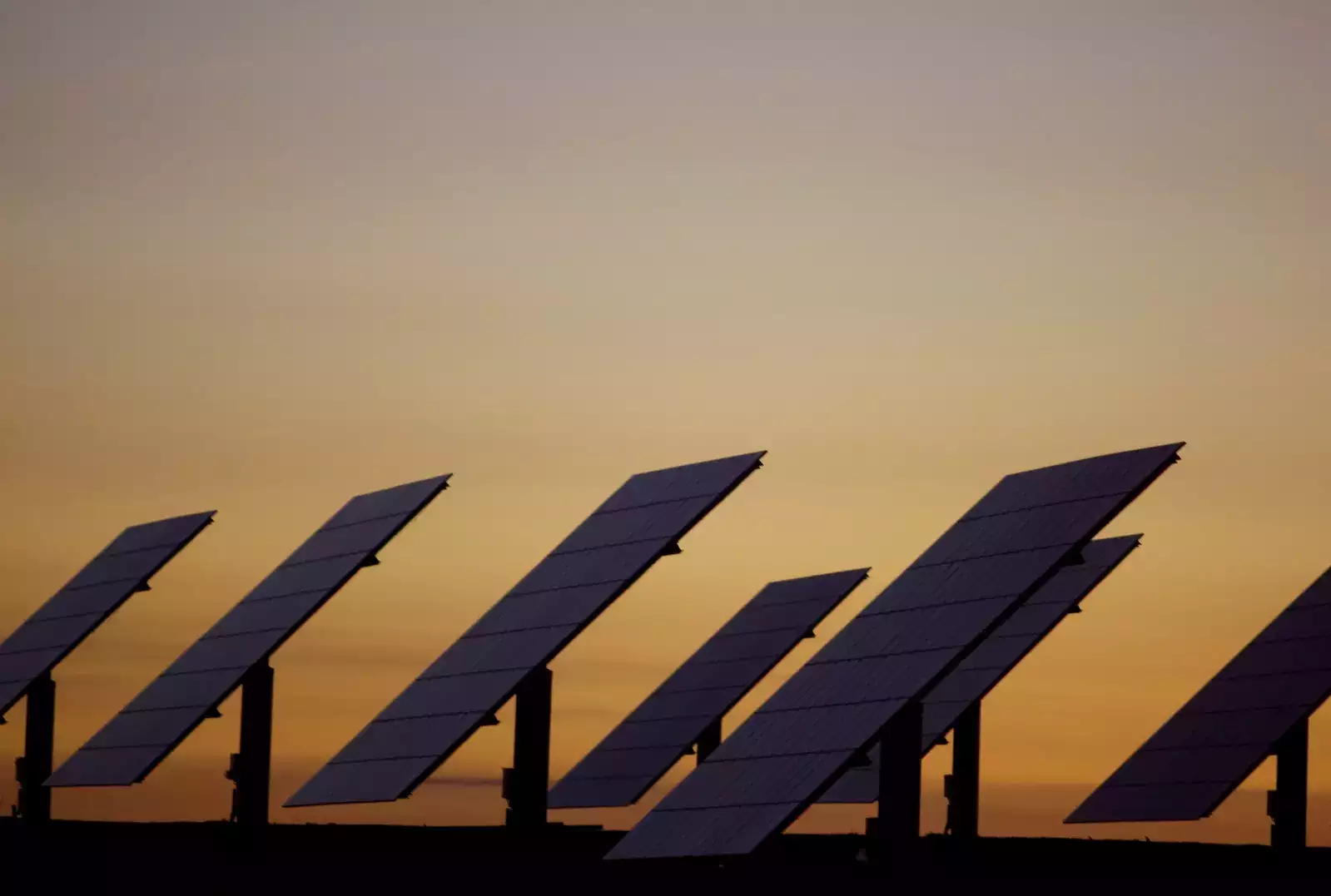
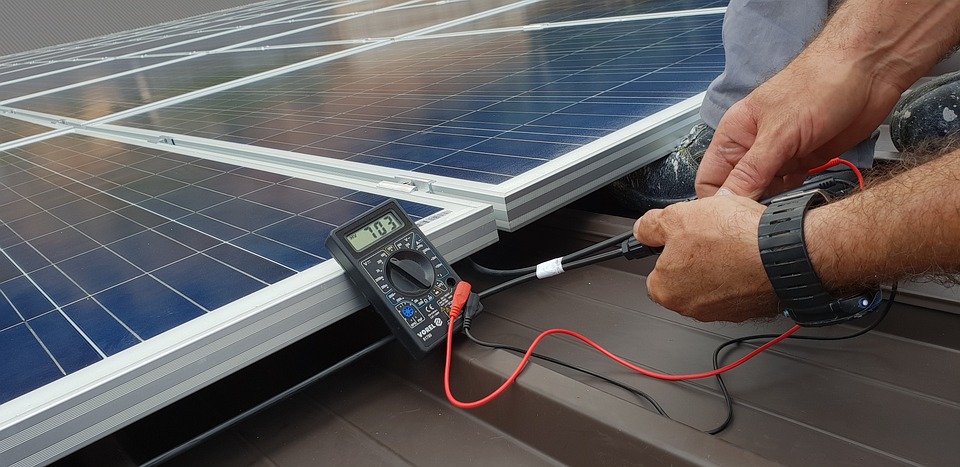
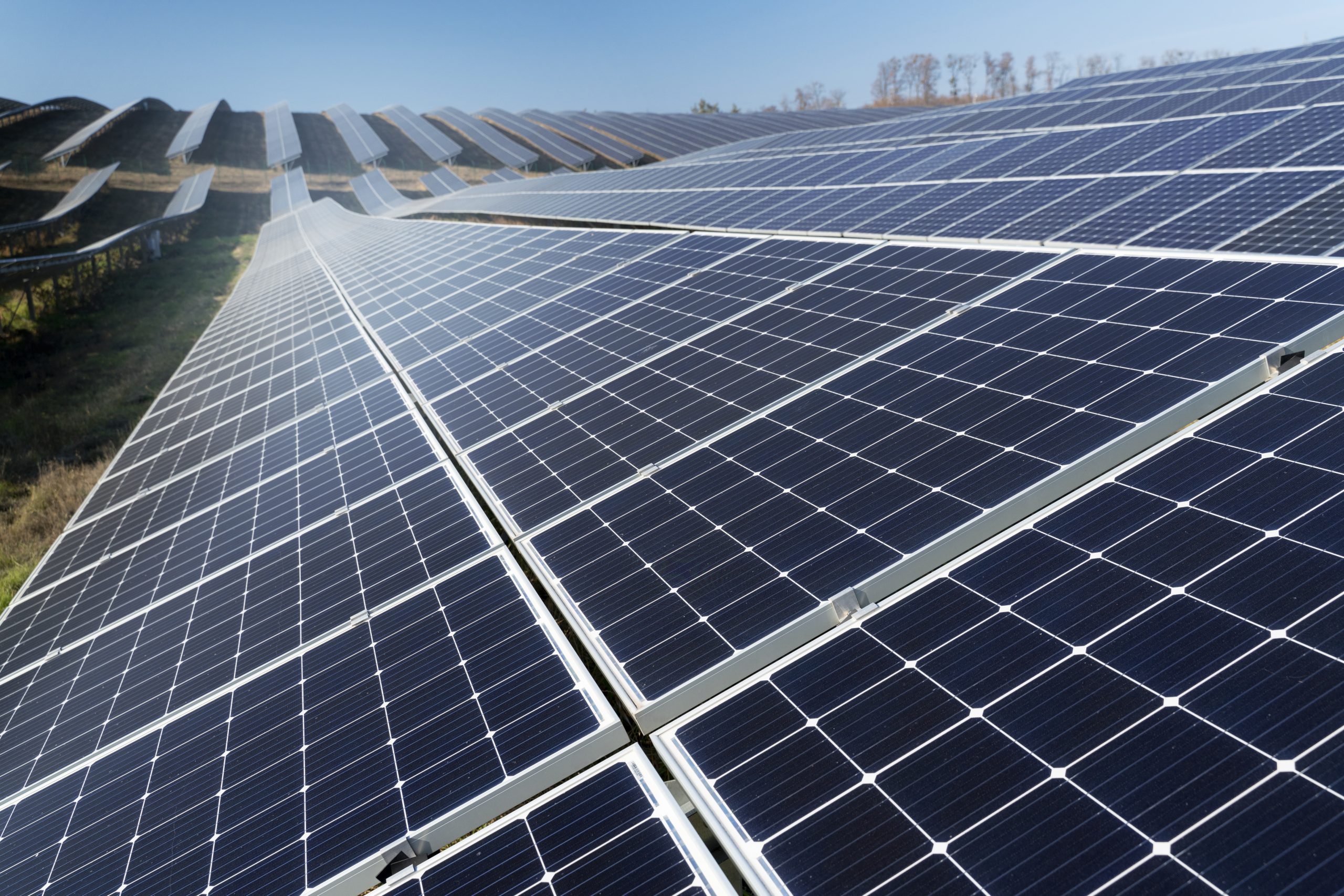
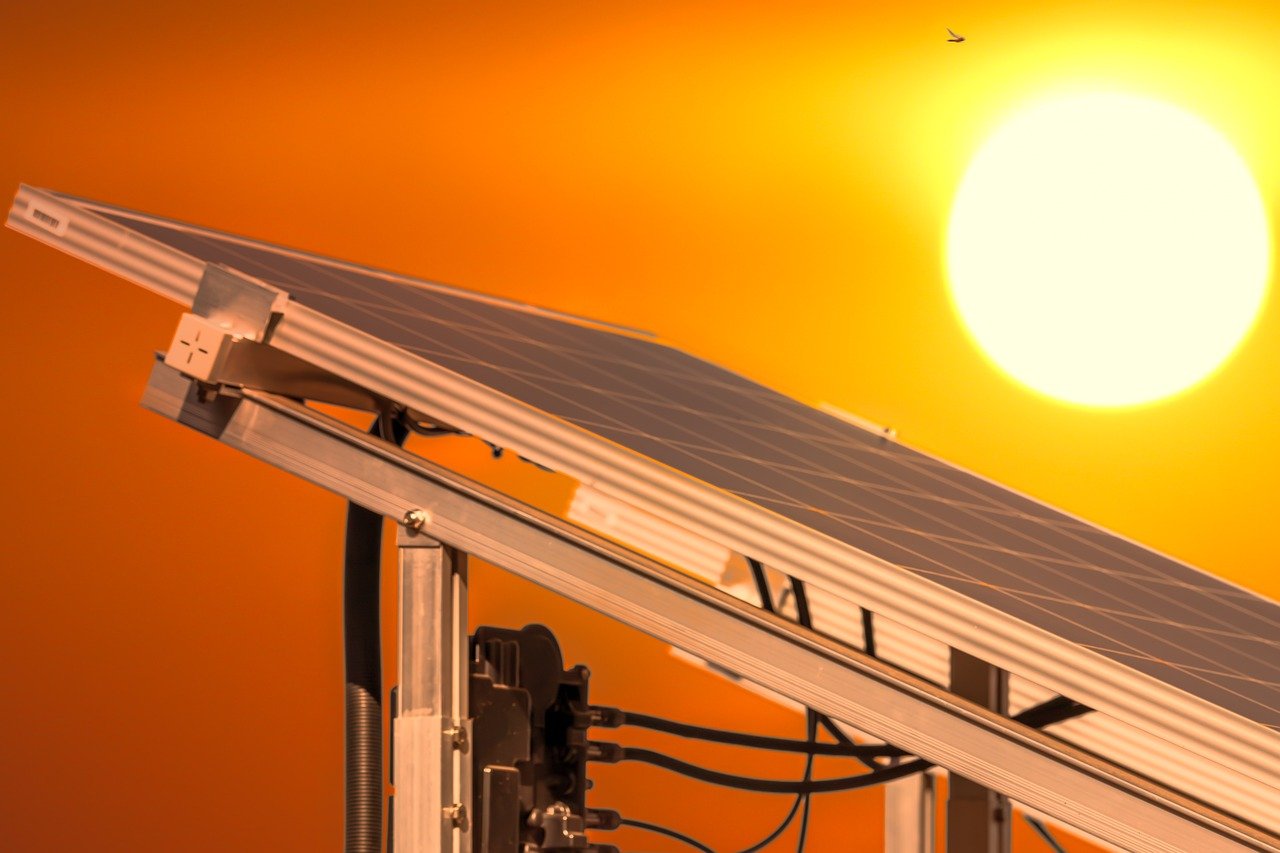

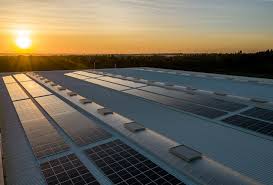
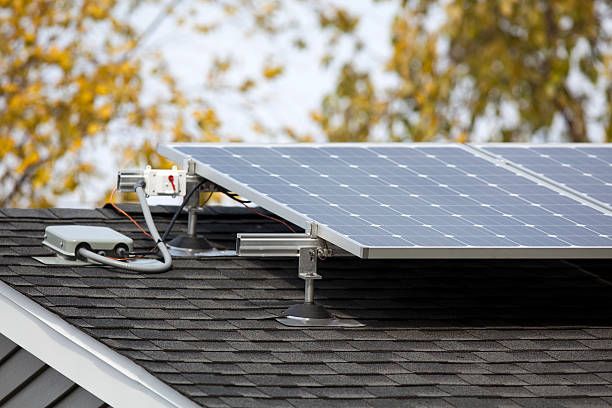
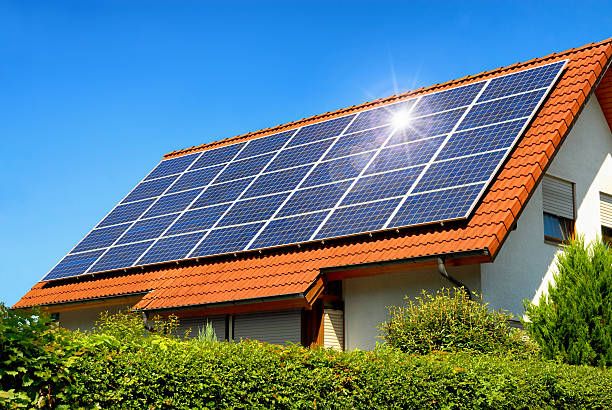

Installing rooftop solar panels in India has become increasingly popular in recent years due to the government's push for renewable energy and the growing need for energy independence. In this blog post, we will discuss the profitability of installing rooftop solar in India, including the costs and benefits of solar energy, government incentives, and the future outlook for solar energy in India.
The cost of installing rooftop solar in India varies depending on the size of the system and the location. On average, it can cost anywhere from Rs. 70,000 to Rs. 2, 00,000 to install a 1 kW solar system. The cost of installation includes the cost of the solar panels, the inverter, and the associated equipment required to connect the system to the grid.
The benefits of installing rooftop solar in India are numerous. The most obvious benefit is that solar energy is a clean and renewable source of energy. It does not emit any pollutants and does not contribute to climate change. Additionally, solar energy is abundant and can be generated even in remote areas, which means it can help to reduce the dependence on fossil fuels and improve energy security.
Another benefit of rooftop solar is that it can help to reduce electricity bills. Solar energy can be used to power homes and businesses, which means that electricity bills can be reduced significantly. This is especially true for those who live in areas where the cost of electricity is high.
The government of India has been actively promoting the use of solar energy and has implemented several incentives to encourage people to install rooftop solar. Some of these incentives include
The future outlook for solar energy in India is bright. The government has set a target to install 175 GW of renewable energy by 2022, which includes 100 GW of solar energy. Additionally, the cost of solar energy has been decreasing, which makes it more accessible for people to install rooftop solar systems.
Furthermore, the Indian government has recently announced a new policy for the Renewable Energy sector, which aims to achieve 450 GW of renewable energy by 2030. This policy will provide a major push to the solar energy sector and will create more opportunities for people to install rooftop solar systems.
In conclusion, installing rooftop solar in India is a profitable investment. The cost of installation is decreasing, and the government is providing several incentives to encourage people to install solar systems. Furthermore, solar energy is a clean and renewable source of energy, which can help to reduce electricity bills and improve energy security. With the growing need for energy independence and the government's push for renewable energy, the future outlook for solar energy in India is bright.
See Also: The Future of Solar Energy
Solar energy is a rapidly growing industry, and with the increasing demand for renewable energy sources, investing in solar energy company stocks is becoming an increasingly popular option for many investors. Solar energy companies are involved in the production, installation, and maintenance of solar panels and other solar-powered equipment, and they offer investors a unique opportunity to profit from the growth of this industry.
The demand for solar energy is driven by a number of factors, including the need to reduce greenhouse gas emissions, the increasing cost of traditional energy sources, and the desire to reduce dependence on foreign oil. As a result, governments and businesses around the world are investing in solar energy projects, and this is driving the growth of the solar energy market.
Read Further: Investment In Solar Energy: Is It Worth The Price?
One of the benefits of investing in solar energy company stocks is the potential for high returns. Solar energy companies are often considered to be high-growth companies, and they often offer investors high returns on their investments. This is due to the fact that solar energy companies are able to grow at a faster rate than traditional energy companies, and they are also able to generate higher profits from their operations.
Another benefit of investing in solar energy company stocks is that they are relatively low-risk investments. Solar energy companies are often considered to be low-risk investments because they operate in a relatively stable market and they are not subject to the same price fluctuations as traditional energy companies. This means that investors can feel more secure about their investments and can expect to earn consistent returns over time.
However, it is important to note that investing in solar energy company stocks is not without its risks. One of the main risks associated with investing in solar energy company stocks is that the market for solar energy can be unpredictable. Prices for solar energy can fluctuate depending on a number of factors, including government policies, weather conditions, and the cost of other energy sources. As a result, investors need to be aware of these risks and should be prepared to adjust their investments accordingly.
Another risk associated with investing in solar energy company stocks is that the industry is still relatively new and there is still a lot of uncertainty surrounding it. This means that there is a higher risk of failure for new and emerging solar energy companies, and investors need to be aware of this when making their investment decisions.
Despite these risks, investing in solar energy company stocks can be a great way to profit from the growth of this industry. By selecting the right companies and diversifying your investments, you can reduce your risk and increase your chances of earning high returns on your investment.
Please Note: This is not financial advice and it's important to do your own research before making any investment decisions.
Waaree Energies Ltd. is a company based in India that specialises in renewable energy solutions and products such as solar panels, solar inverters, and solar energy storage systems. The company was established in 1989 and is based in Mumbai, India. It is the Waaree Group's flagship company. It has the largest solar panel manufacturing capacity in India, with 12GW capacity at its Gujarat plants in Surat and Umbergaon. Waaree has a national presence in over 380 locations and an international presence in 20 countries. Contact us at 18002121321 or waaree@waaree.com to begin your cleaner journey.